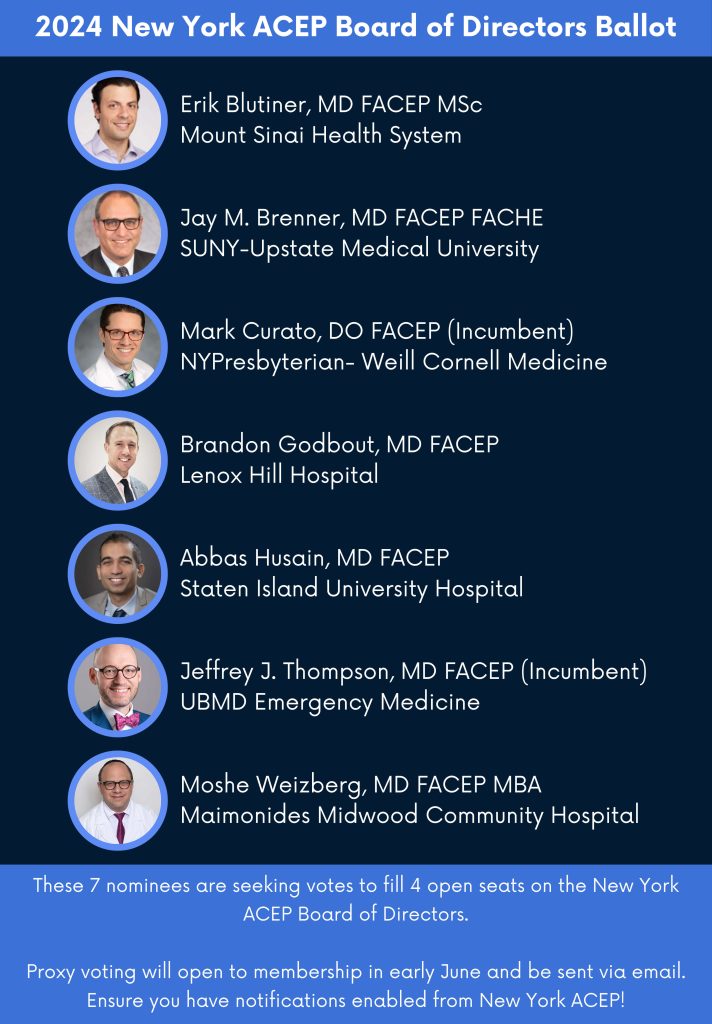Over the past several years, the terms endorse and denies have found their way into our medical presentations and documentation. I originally saw these used in psychiatry notes, but today more frequently read them in emergency department (ED), inpatient, and discharge summaries. However, they seem quite out of place to me, since the definitions I learned growing up seem to be different than the meanings these terms convey in contemporary medical documentation.
To settle this in my mind, I decided to head to my bookshelf and dust off the old hardcover Oxford English Dictionary, arguably a standard for the English language. Endorse is defined in this dictionary as “to confirm, to declare one’s approval, or to sign/write on the back of a check or document.” None of these definitions really describe what is meant when we read endorsein the medical record. I suppose we might say to a patient, “I heard you’re having abdominal pain,” and they may respond with, “yes, that is true.” In this case, they would be confirming our statement and thereby endorsing it. But that is not the way we conduct most medical interviews. If we are asking open-ended or yes/ no questions as we were taught, then our patients will rarely respond in a manner that would be considered endorsing their symptoms. Or consider this example: I once read “the patient endorses wearing a seatbelt.” Actually, so do I! I think it’s a great idea and has been shown to save lives. But in the context of this particular medical record, I understood the author to be indicating that the patient was wearing a seatbelt themselves at the time of their motor vehicle crash. In light of this definition in the Oxford dictionary, we should ask ourselves whether our patients really endorse their symptoms? I might endorse a political candidate or endorse a policy statement. I may even endorse a check. But I do not endorse a symptom and I suspect our patients do not, either. If we substitute the definition for the word endorse, it does not make sense: “the patient supports a facial droop” or “the patient confirms diarrhea.” These are cringeworthy at best and awkward and inaccurate otherwise. Even more inelegant is the negative: “the patient does not endorse shortness of breath.” Well, neither do I, actually. I think it is rather awful to feel short of breath and I certainly would not support it in myself or anyone else.





